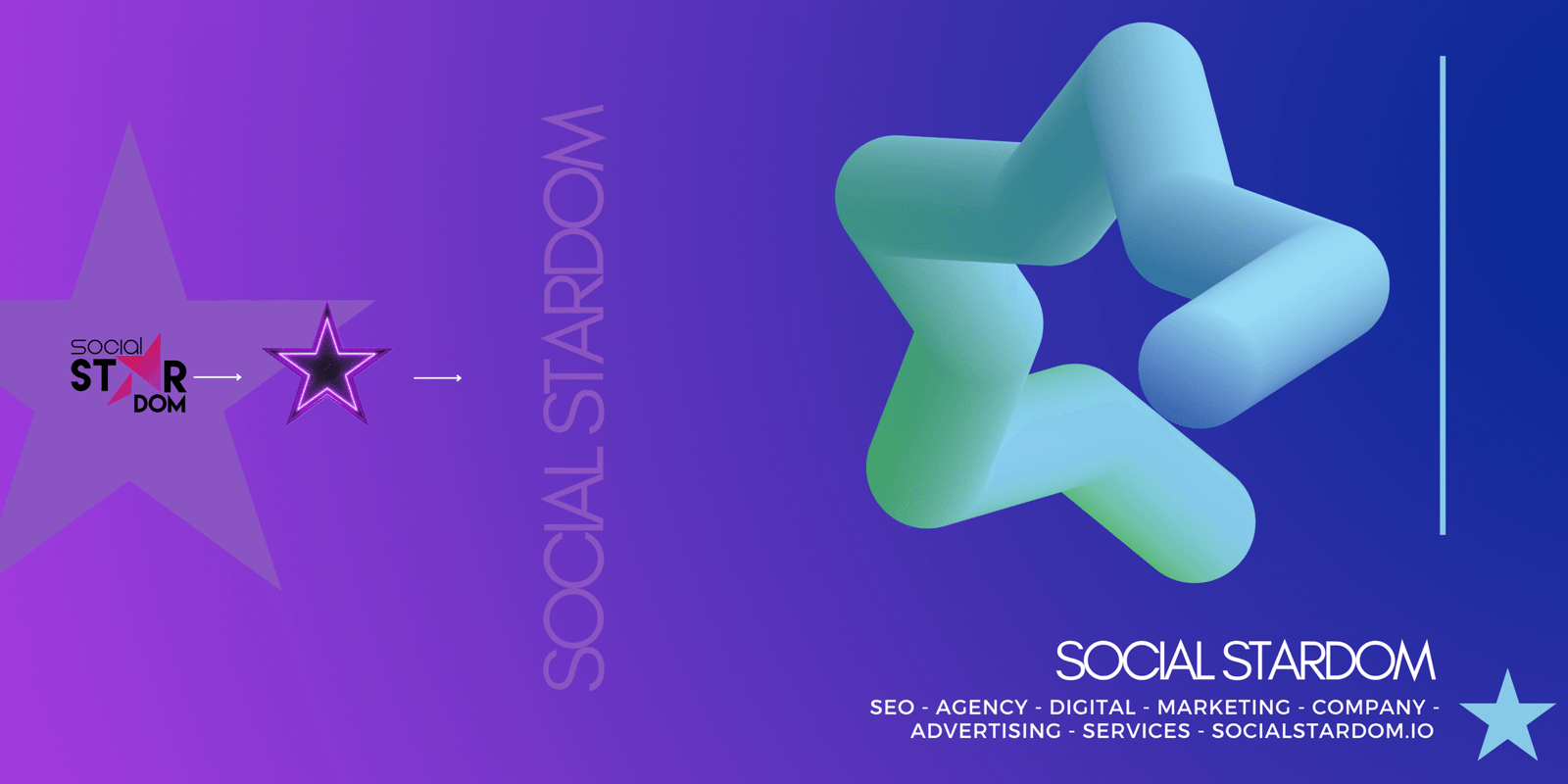IT Security Marketing: A Comprehensive Guide
IT security marketing is a critical niche within the broader field of marketing, focusing specifically on promoting cybersecurity products and services. As cyber threats continue to evolve and become more sophisticated, the demand for robust IT security solutions has surged. This article aims to delve deep into the various aspects of IT security marketing, exploring key strategies, trends, and best practices that businesses can leverage to enhance their market presence.
Introduction to IT Security Marketing
In today’s digital landscape, cybersecurity is not just a luxury; it has become a necessity. With increasing data breaches and cyber-attacks, organizations are seeking effective IT security solutions to protect their assets. IT security marketing plays a crucial role in educating potential customers about these solutions and establishing a brand’s authority in the cybersecurity domain.
Why Is IT Security Marketing Important?
Increasing Demand for Cybersecurity Solutions
The escalation of cyber threats has created a booming market for cybersecurity products and services. According to industry reports, global spending on cybersecurity is expected to reach [insert figure] by year. This demand makes strategic IT security marketing essential for businesses looking to thrive in this competitive landscape.
Building Trust and Credibility
In an environment where trust is paramount, effective marketing strategies can help organizations build credibility. By showcasing expertise, sharing success stories, and providing valuable content, companies can establish themselves as trusted partners in the battle against cyber threats.
Educating the Target Audience
Many potential customers may not fully understand the complexities of cybersecurity. IT security marketing can bridge this knowledge gap through informative content, webinars, and training sessions, empowering customers to make informed decisions.
Key Components of IT Security Marketing
1. Target Audience Identification
Understanding the target audience is fundamental in IT security marketing. Key demographics may include:
- Small and Medium Businesses (SMBs): Often lack in-house IT security expertise.
- Enterprise-level Organizations: Require advanced solutions and compliance with regulatory standards.
- Government Agencies: Must adhere to strict security protocols and regulations.
2. Content Marketing Strategy
Content marketing is crucial for establishing authority in the cybersecurity space. Various formats include:
- Blog Posts: Regularly updated blogs on cybersecurity trends and tips.
- White Papers: In-depth reports on specific cybersecurity challenges.
- Webinars: Live sessions where experts discuss pressing security issues.
3. Social Media Marketing
Utilizing social media platforms to distribute content allows for broader reach and engagement. Popular platforms for IT security marketing include:
- LinkedIn: Ideal for B2B marketing and networking.
- Twitter: For sharing quick updates, news, and engaging with the cybersecurity community.
- Facebook: To create advertisements targeting specific demographics.
4. Search Engine Optimization (SEO)
SEO is vital for enhancing online visibility. Key strategies involve:
- Keyword Research: Identifying relevant keywords related to IT security.
- On-Page Optimization: Ensuring that all website content is optimized for search engines.
- Backlink Building: Establishing authority through links from reputable sites.
5. Email Marketing Campaigns
Email marketing remains a powerful tool for nurturing leads and engaging existing customers. Effective tactics include:
- Newsletters: Regular updates about new products, services, and industry news.
- Promotional Offers: Special discounts or trials on cybersecurity solutions.
- Personalized Emails: Tailored content for different segments of the audience.
Current Trends in IT Security Marketing
1. The Rise of AI and Machine Learning
Artificial Intelligence (AI) and machine learning are increasingly being integrated into cybersecurity solutions. Marketing efforts should highlight how these technologies can enhance threat detection and response.
2. Increased Compliance Requirements
With regulations like GDPR and CCPA, marketing strategies must emphasize compliance and the importance of data protection.
3. Emphasis on User Experience
As customers become more tech-savvy, the demand for user-friendly security solutions is growing. Marketing should focus on demonstrating ease of use and seamless integration.
Best Practices for Effective IT Security Marketing
1. Establish a Strong Online Presence
A well-designed website and active social media accounts are essential for building brand awareness and credibility.
2. Focus on Customer Education
Providing free resources, such as eBooks and guides, can position your brand as a thought leader in the IT security space.
3. Leverage Case Studies and Testimonials
Sharing real-life success stories can build trust and demonstrate the effectiveness of your solutions.
4. Engage with Industry Influencers
Collaborating with cybersecurity experts and influencers can expand your reach and enhance credibility.
5. Monitor and Adapt
Regularly analyze the effectiveness of your marketing strategies and be prepared to pivot based on performance data.
Conclusion
IT security marketing is a dynamic and essential aspect of promoting cybersecurity solutions in today’s technology-driven world. By understanding the target audience, utilizing effective content strategies, and staying abreast of industry trends, businesses can successfully navigate the complexities of this niche market.
FAQs
What is IT security marketing?
IT security marketing involves strategies and tactics aimed at promoting cybersecurity products and services to businesses and consumers, focusing on building trust, educating the audience, and establishing authority in the cybersecurity sector.
Why is SEO important in IT security marketing?
SEO enhances online visibility, attracts organic traffic, and helps businesses reach potential customers searching for cybersecurity solutions, making it a critical component of effective IT security marketing.
What type of content should I produce for IT security marketing?
Effective content includes blog posts, white papers, case studies, webinars, and newsletters that provide valuable insights into cybersecurity trends, solutions, and best practices.
How can social media help in IT security marketing?
Social media platforms provide opportunities for engagement, sharing informative content, and building relationships with potential customers, enhancing brand awareness and credibility.
What are the latest trends in IT security marketing?
Current trends include the integration of AI and machine learning, increased compliance requirements, and a greater emphasis on user experience in cybersecurity solutions.
For more information on IT security marketing, visit Social Stardom.

